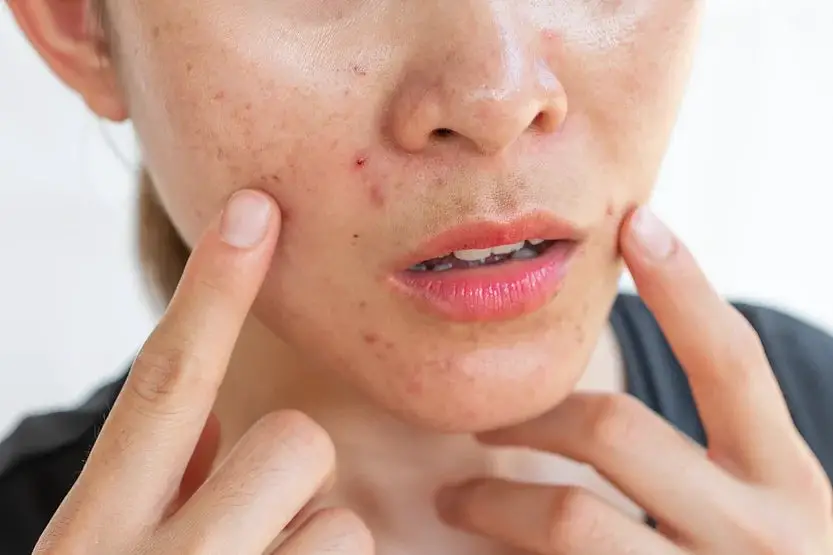Maintaining a Balanced Diet: Key Factors and Insights
In the world of beauty, every aspect of one's lifestyle contributes to the quality of skin, hair, and overall appearance. For beauticians, understanding the profound impact of 'maintaining a balanced diet' on external beauty can enhance their expertise and client offerings. By integrating nutrition advice within beauty consultations, beauticians can guide their clients toward achieving radiant skin and healthy hair.
Given the importance of nutrition, let's delve into its role and how beauticians can leverage this understanding to enhance their practice.

The Science Behind a Balanced Diet
At its core, a balanced diet involves the consumption of a variety of nutrients in the right proportions. For beauticians, emphasizing how specific nutrients directly influence skin and hair health can be a powerful tool. Vitamins like A, C, and E, alongside minerals like zinc and selenium, play pivotal roles in skin repair and protection. Omega-3 fatty acids, found in fish and flaxseeds, aid in maintaining moisture and elasticity.
Integrating Nutrition into Beauty Sessions
As a beautician, recommending certain dietary habits can complement skincare treatments. For instance, suggesting an increase in water intake can help improve skin texture and hydration. Advising clients to consume more foods rich in antioxidants, such as berries and green leafy vegetables, can support in reducing the signs of aging.
Moreover, directing clients to read up on related topics such as signs of folliculitis or the differences between superficial and deep folliculitis can offer a broader perspective on how diet influences skin conditions.
Overcoming Nutritional Challenges
Understanding that various factors can affect one's ability to maintain a balanced diet is crucial. Socioeconomic conditions, dietary restrictions, and cultural norms can all play a role. Beauticians can offer empathetic advice by being aware of these challenges and suggesting manageable steps toward better nutrition.
It's also essential to be informed about how improper diet can contribute to skin issues. Reading resources like the informative guide on folliculitis can be beneficial.

Enhancing Client Relationships Through Nutrition
By offering advice that transcends traditional beauty treatments and touches on lifestyle, beauticians can build stronger, more trusting relationships with their clients. Discussing alternative skincare routines in conjunction with dietary adjustments can lead to visibly improved results.
Advising clients to use hair removal products properly, paired with dietary tips, further fosters a comprehensive approach to beauty care.
FAQs
How does diet affect skin health? A balanced diet provides essential nutrients that support skin elasticity, hydration, and repair. Nutritional deficiencies can lead to skin disorders or exacerbate existing conditions.
What foods should be part of a beautician's dietary recommendation? Foods rich in antioxidants, omega-3 fatty acids, vitamins, and minerals should be emphasized. Fruits like berries, fish, nuts, and green vegetables are excellent choices.
Can diet prevent common beauty-related concerns? While a proper diet can support the body's natural defenses against certain issues, such as acne or dryness, it's essential to adopt a holistic approach that combines diet, skincare, and lifestyle adjustments for the best outcomes.

